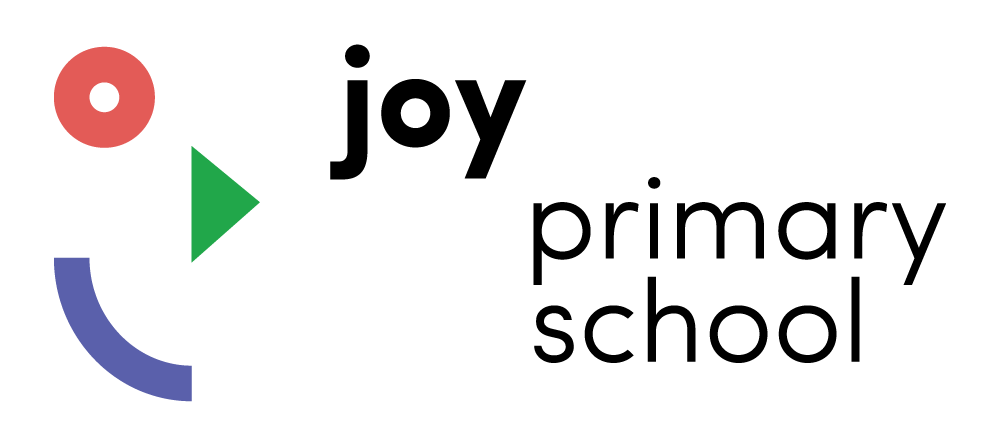Finnish education
Finnish schooling and the general education system in Finland are absolutely unique. Unlike other countries, including Poland, joy, children's satisfaction take centre-stage followed by results and then class position. When a child feels good at school and likes his/her teachers, he/she acquires knowledge all the more easily. Learning becomes a pleasure and it is this idea which we want to bring to bear at the Joy Primary School.
The Finnish model of education indicates five basic components necessary at school: well-being, support, self-reliance, competences and ways of thinking. We will illustrate precisely how the teacher can accomplish the goals listed above in practice.


Well-being provides students with relaxation, by changing their positions from sitting to standing or by introducing occasional body movements or by simply opening a window to let fresh air in..!
The second important component of education is support, which gives pupils a sense of security and focusses on the needs of every individual.
Self-reliance allows students to express their opinions freely, that is, to actively create a lesson plan. This gives the teacher the opportunity to learn and develop children's interests; the children, in turn, feel that they themselves, can influence what they learn and how they learn it.
Skills acquired by students become the goal of teaching. The timetable for classes in Finnish schools is based not only on a programme but is also adapted to the needs and interests of the students. Textbooks are used to disseminate knowledge, not just used as an end in themselves.



The most effective motivation for children is praise from the teacher but not to the exclusion of constructive criticism..!
The method of assessment is very important in Finnish schools. Ratings are descriptive and do not assign rankings; thus, they avoid ill-humoured competition and support co-operation.
In this way, Finnish schools instil a certain way of thinking among students and place greater emphasis on understanding and co-operation. Life skills and extra-curricular skills, including interpersonal skills, are very important.
This article is based on a book by Timothy D. Walker entitled "Finnish children learn the best." What can we, ourselves, do to make our children happy, believe in themselves and like school..?
